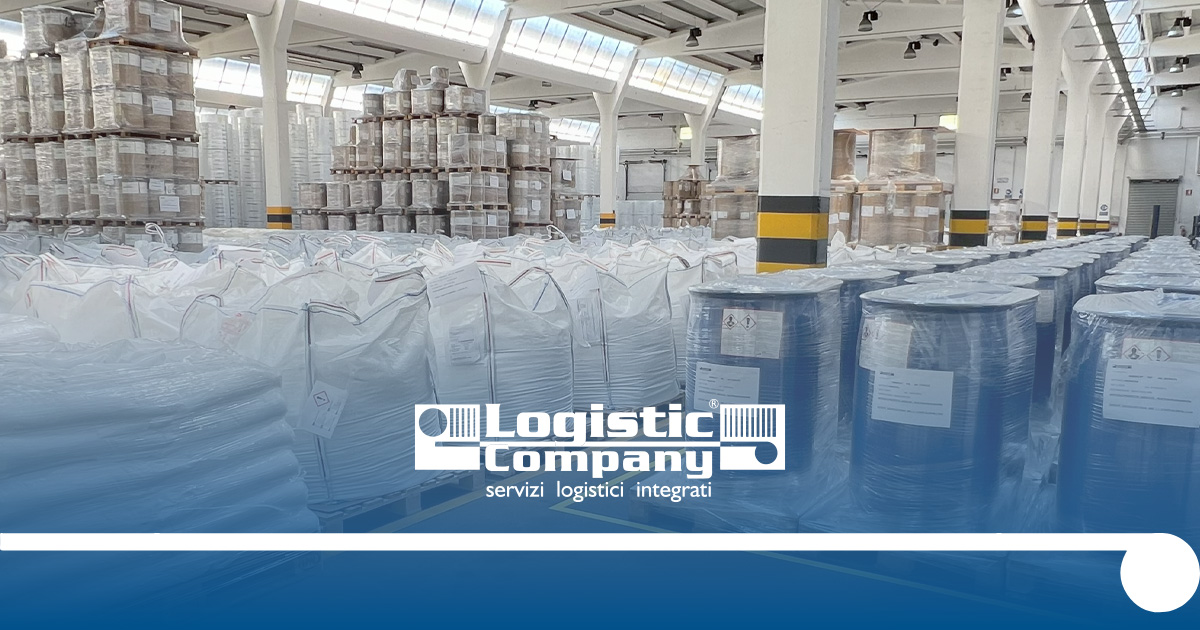What does the GDP drug distribution legislation say
The GDP drug distribution regulation regulates conditions and processes for storing medicines safely during distribution. Read the news.
GDP legislation is one of the fundamental aspects to ensure the quality and safety of medicines throughout the distribution chain.
GDP (Good Distribution Practice) establishes the criteria for the correct treatment of medicines, with the aim of preserving their effectiveness and integrity until delivery to the final consumer.
In a highly regulated industry such as pharmaceuticals, strict enforcement of these guidelines is crucial to prevent product harm and ensure that medicines are always safe and effective.
The importance of GDP legislation in drug distribution
Good Distribution Practices (GDP), regulated internationally by bodies such as the European Medicines Agency (EMA) [external link], strictly establish all the logistical phases of the life cycle of a medicine, from receipt to delivery to the final recipient.
These standards define specific requirements regarding transport, traceability, non-compliance management and safety methods, ensuring that medicines maintain the highest quality, efficacy and integrity throughout the distribution chain.
From a GDP perspective, it is essential that each phase of the logistics process is carried out according to documented and controlled procedures, with monitoring and verification systems, qualified personnel and certified tools to ensure compliance with the required standards.
The adoption of reliable technologies, backup systems and emergency protocols represents a minimum standard to ensure compliance with regulations and the protection of the end consumer.
What is the objective of the GDP regulation?
The main objective of the GDP legislation is to ensure that medicines do not undergo alterations that could compromise their efficacy and quality, assuring the safety of the patient.
Good distribution practices aim to prevent common problems related to inadequate logistics management, such as:
Inventory errors due to untracked or disorganized inventory management.- Cross-contamination caused by inadequate separation and management between different drugs.
- Temperature fluctuations that can damage thermolabile or biological drugs.
- Theft or tampering, thanks to the implementation of physical security and access control systems.
What happens if I don’t comply with GDP regulations?
Every player in the industry is required to train staff, implement standardized procedures, and adopt advanced traceability technologies (such as RFID or serialization) to ensure full regulatory compliance.
Relying on partners specialized in pharmaceutical logistics, such as Logistic Company, is a strategic step to ensure full compliance with the requirements of the GDP drug legislation, ensuring customers a reliable and certified supply chain.
The relationship of GMP regulation with storage practices
In addition to GDP, another important regulatory reference for pharmaceutical companies is GMP (Good Manufacturing Practice).
GMPs integrate with GDPs so that every stage of a medicine’s life cycle is controlled, ensuring that the products arrive at their own destination in perfect condition.
GMP applies primarily to the manufacturing phases of medicines, defining the storage as a key step in the drugs management.
Logistic Company: the partner of pharmaceutical companies
Relying on a specialized partner is the ideal solution for pharmaceutical companies that want to ensure full compliance with both Good Distribution Practices (GDP) and GMP throughout the logistics chain.
Logistic Company offers a highly qualified service for the management, storage and handling of medicines, ensuring the compliance with GDP and GMP regulations thanks to advanced traceability, safety and monitoring systems.
In addition to storage in controlled environments, Logistic Company guarantees an efficient and safe distribution of medicines, reducing the risks related to errors, delays, temperature excursions and tampering.
The goal is to preserve the integrity of the drugs until they are delivered to the final recipient.





Leave A Comment
You must be logged in to post a comment.